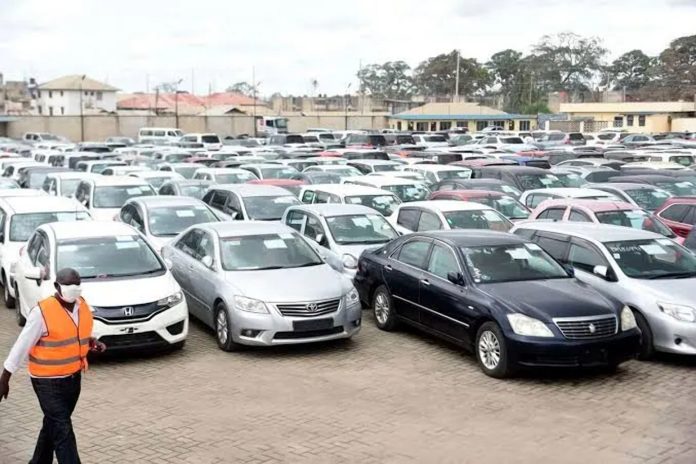A recent Tax Appeals Tribunal (TAT) ruling has raised alarms within financial institutions as to how repossessed cars that have been auctioned should be taxed.
In a lawsuit between KCB Bank Kenya and the Kenya Revenue Authority (KRA), the Tribunal upheld the argument by KRA that repossessed cars auctioned off must be charged Value Added Tax (VAT).
This is after the tax regulator demanded charges worth Sh. 67.5 million, inclusive of interest and penalties for the periods between 2018 and 2021, to which the bank failed to pay.
KCB argued that repossessing and selling vehicles was merely a way of recovering defaulted loans and thus was not a taxable business. The bank insisted that a service of giving credit is VAT-exempt, according to the First Schedule to the VAT Act.
Therefore, selling the repossessed vehicles was essentially for purposes of loan recovery rather than profit generation. KCB further explained the ownership of the vehicles never came back to the bank as the logbooks remained jointly in the name of the bank and the customer until such time that the loan was repaid.
However, KRA countered this claim by stating financial institutions like KCB are VAT-registered entities and any sale of a motor vehicle is taxable supplies. KRA quoted the fact that the VAT Act does not contain any exemption for sale of repossessed goods, which renders the auctioning business taxable.
The Tribunal issued its landmark ruling on February 2025, clarifying that while credit provision is exempt from VAT, credit recovery from vehicle repossessions is not. It noted that tax legislations have to be interpreted strictly.
How agency banking is transforming financial inclusion
Therefore, covering vehicle repossessions under VAT exemptions was not the intent of the law. The Tribunal further ruled that if a bank sells a repossessed vehicle by auction, it effectively becomes the debtor’s substitute and assumes the role of the seller.
As such, the bank must comply with all legal requirements, such as tax fulfilment. This new ruling is expected to have a wide range of implications, especially for financial institutions involved in the repossession and auctioning of vehicles from defaulting customers.
In the future, banks will need to account for VAT charges when disposing of collateral. This may lead to alterations in the treatment of repossessed assets and may further influence the overall cost of loan recovery.
The ruling also impels banks to reexamine the VAT treatment of repossessed assets and ensure that they comply with the tax provisions. Taxpayers have the opportunity to make voluntary disclosures under the Tax Amnesty program, which runs until June 30, 2025.









